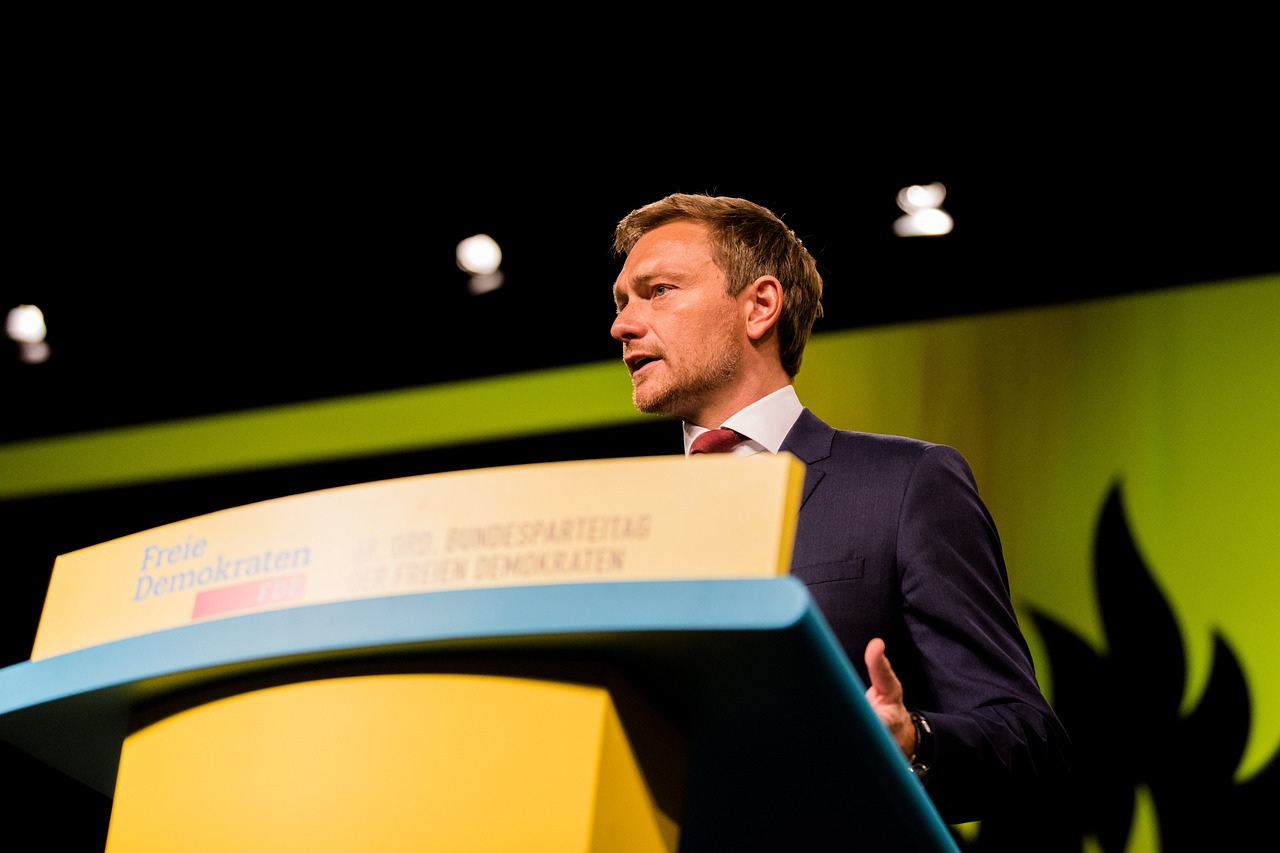The connection between the Christian Church and politics has been a subject of interest, debate, and controversy since the beginning of Christianity itself. Christianity, like many religions, carries within its tenets the power to shape individual and community values, to inform ethical frameworks, and to guide decisions, all of which inevitably intersect with political contexts. This interaction has evolved throughout history, and today’s landscape is the result of numerous events, shifts, and adaptations over time.
Historical Overview
Initially, in its early days, Christianity was a relatively small, decentralized movement on the fringes of the Roman Empire. However, the conversion of Emperor Constantine in 312 AD began the process of Christianity becoming the state religion. This marked the start of a long-lasting intertwining of church and state in European history.
During the Middle Ages, the Church was a significant political entity, with the Pope exerting considerable authority even over kings and emperors. The Church managed vast lands and wealth, influenced laws, and had its courts. Events like the Investiture Controversy underscored the tension between religious and secular authorities for control.
However, with the advent of the Reformation and the Enlightenment, there came significant shifts. Martin Luther’s “Two Kingdoms” doctrine proposed a separation between spiritual and temporal authority, foreshadowing the modern separation of church and state. Enlightenment thinkers like John Locke further emphasized the importance of religious toleration and the separation of church and state to prevent religious conflicts and promote individual freedom.
Contemporary Interactions
In contemporary society, the interaction between the Christian Church and politics is complex and varies greatly across different countries, cultures, and denominations.
In the United States, the First Amendment upholds the principle of separation of church and state, yet Christian values have continuously influenced American politics. From the abolitionist movement, the civil rights movement, to debates over abortion and LGBTQ+ rights, one can see Christianity’s role in shaping public discourse.
In predominantly Catholic religion countries like the Philippines, the Church wields significant influence on issues like birth control and divorce. Meanwhile, countries like Denmark and the United Kingdom maintain a state church, yet are generally more secular in their politics than the United States.
Christian Political Theology
Within Christian political theology, there is considerable diversity of thought. Some, like Anabaptists, emphasize non-participation in state affairs, focusing on building separate, faith-based communities. Others, like those influenced by Reinhold Niebuhr’s Christian Realism, view political engagement as a necessity to implement social justice, albeit acknowledging the inherent flaws in human-led systems.
The role of Christianity in political life is also often polarizing. Some believers feel that Christian values should directly influence law and policy, leading to the promotion of conservative moral issues, such as opposing abortion or same-sex marriage. On the other hand, other Christians, particularly from mainline and progressive traditions, focus on issues of social justice, poverty, and the environment, arguing these issues are deeply rooted in biblical principles.
Conclusion
The relationship between the Christian Church and politics is neither static nor universally defined. As society evolves, so too does the nature of this relationship. Invariably though, the intersection between the two will remain a significant part of our societal fabric. Understanding this complex interplay is key to appreciating its impact on laws, norms, ethics, and society at large.
The key to a harmonious relationship is respectful dialogue, mutual understanding, and the continual striving towards a balance between religious freedom and the diverse, pluralistic societies in which we live. This way, the foundational Christian principles of love, justice, and peace can effectively contribute to our political systems.
Author

An aspiring business leader, I am working towards my dream of graduating from Stanford University with a degree in Business Management. Passionate about sharing knowledge, I strive to empower others through education and collaborative learning.
View all posts


